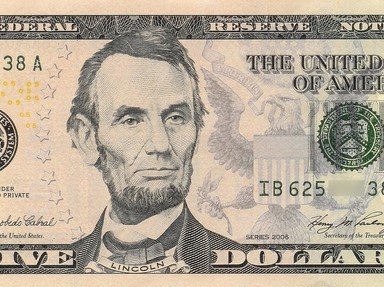Quiz Answer Key and Fun Facts
1. In Puritan times in New England, if someone told you that "you blushed like a black dog," he would be implying that you were what?
2. "Stuck a feather in his hat and called it macaroni." We've all heard these words in the song "Yankee Doodle" from Revolutionary War times, but what is the meaning of "macaroni" in this context?
3. In the early part of the 19th century, if you were going to a sporting event that featured two "milling coves," what sort of entertainment were you going to see?
4. In the decades prior to the Civil War, what did "going to see the elephant" mean?
5. During the Civil War, did the words "skedaddle" and "absquatulate" have roughly the same meaning?
6. The term "grass widow" is still heard rarely today, but it is not as popular as it once was. What does "grass widow" mean in American English?
7. Around 1905, a new expression entered the language. What did "23 skidoo" mean?
8. In the 1920s, if something was "the bee's knees" or "the cat's pajamas," what was it?
9. During World War II, what did it mean to "cut a rug"?
10. In the 1950s, what was a "church key"?
Source: Author
daver852
This quiz was reviewed by FunTrivia editor
LadyCaitriona before going online.
Any errors found in FunTrivia content are routinely corrected through our feedback system.


